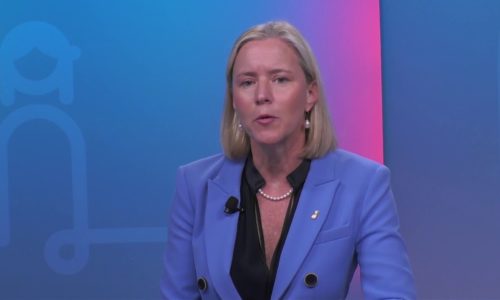Osteoporosis, a Silent Disease |
Dr. Luis Rodriguez, Sports Medicine Physician at Miami Orthopedics & Sports Medicine Institute, explains with aging you are going to see an increased risk of developing osteoporosis, but also genes play an important role. “If you have a family history, one of your relatives who had a hip fracture, for example, then you’re going to have an increased factor. Also for women after menopause or if you are a man with testosterone deficiency you can be at increased risk,” he says.
He points out symptoms may not come until you have a fracture and it is recognized that as much as one third of the spinal fractures don’t have symptoms until later on you start to develop some back pain.








